
Ars Electronica Festival
-
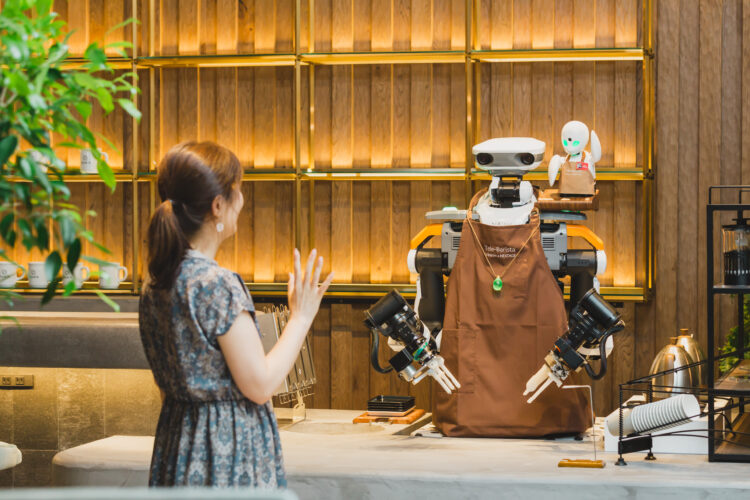
Cutting Edge: Avatars of Humanity
“Cutting Edge” is a new blog series in which Ars Electronica team members present outstanding artistic projects. In the first edition, Gerfried Stocker introduces a project that shows how technology can create closeness: In the ‘Avatar Robot Café,’ people with severe physical disabilities are integrated into everyday working life via robots.
-
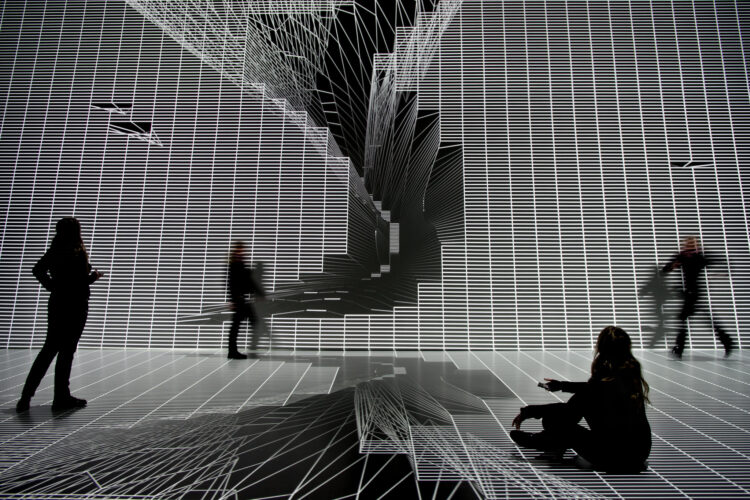
Navigating Panic: Notes from Where Panic Becomes a Compass
As curator in residence of the ARKO-sponsored Curatorial Residency Program, Son Hyerim was on site during the jury weekend of the Prix Ars Electronica. In this guest article, she shares her personal reflections on this experience.
-
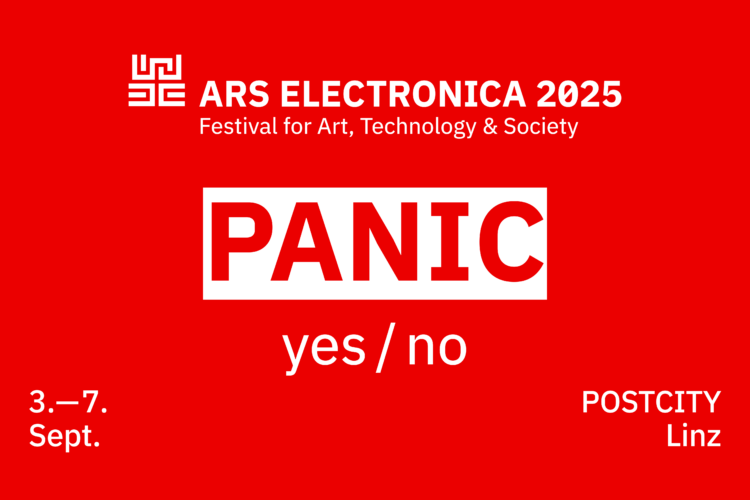
The Times They Are a-Changin’
From the uncertainty of the present to the power of art – in conversation with Gerfried Stocker, we shed light on the theme of the Ars Electronica Festival 2025.
-
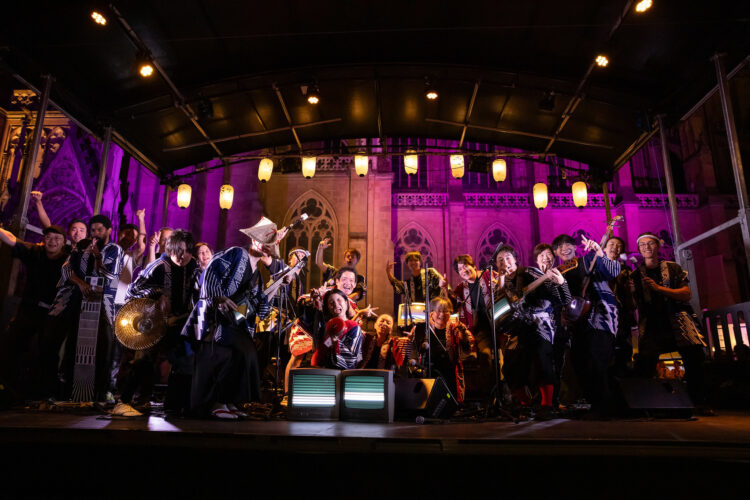
By us, for us: Shaping Society
Ars Electronica embodies a vibrant community in which art, technology and society merge. For us, society is more than just a concept – it is the dynamic interaction of people who jointly develop visions, find creative solutions and shape the future.
-
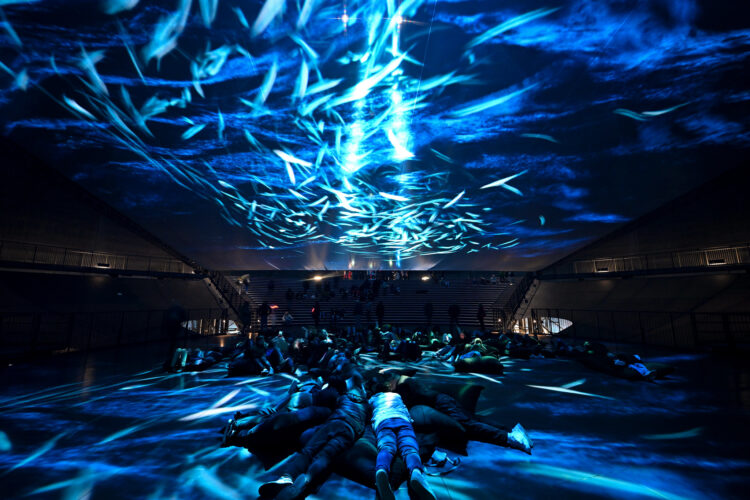
Where Technology meets the Future
From world-famous buildings to a unique composer, the endless depths of the ocean and an Austrian export hit: How Ars Electronica uses innovative technologies to implement artistic ideas.
-
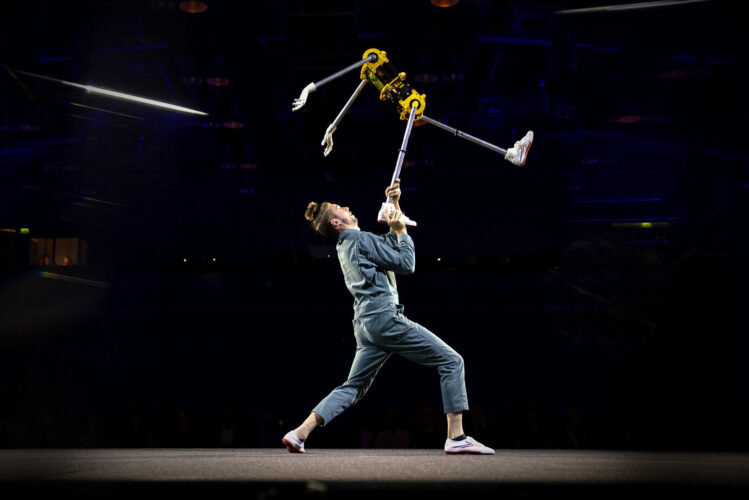
A record: More than 112,000 visits to Ars Electronica 2024
Once again, the Ars Electronica Festival has shown what it is all about: creating space, time and an atmosphere in which people can exchange ideas and inspire each other.
-
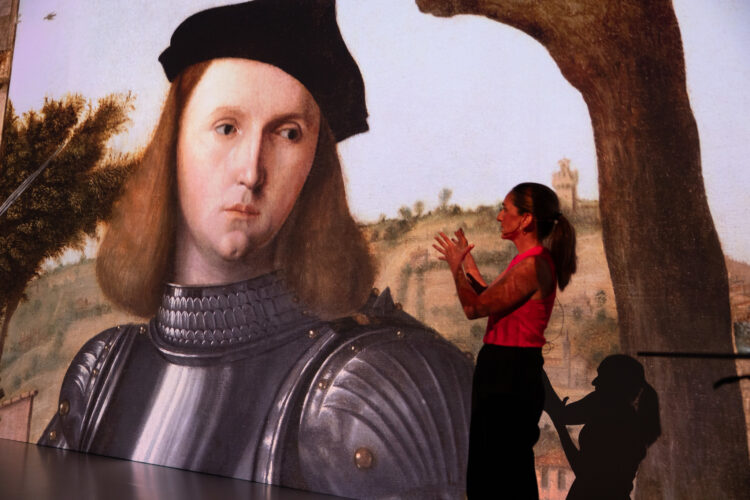
Art History in Deep Space 8K
Fly through the gigantic three-dimensional point cloud of Notre-Dame de Paris, learn all about the elaborate restoration of Vittore Carpaccio’s Young Knight in a Landscape, or get to know the innovative pictorial compositions of the Flemish master Pieter Claesz – as part of Ars Electronica 2024, Deep Space 8K once again became an immersive showcase…
-
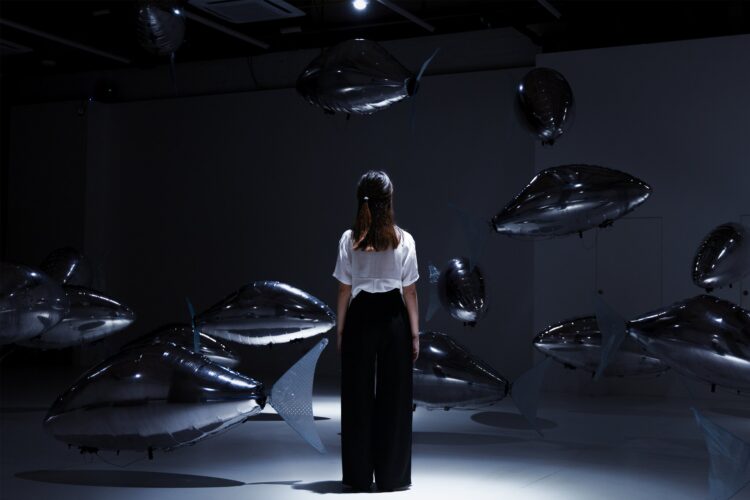
Experience Hope, Shape Change
Hope is not a substitute for action. Rather, it is a basis for action that we consciously choose – in the midst of cynicism, ignorance and indifference. An invitation to feel, to act, to touch and to be touched.
-
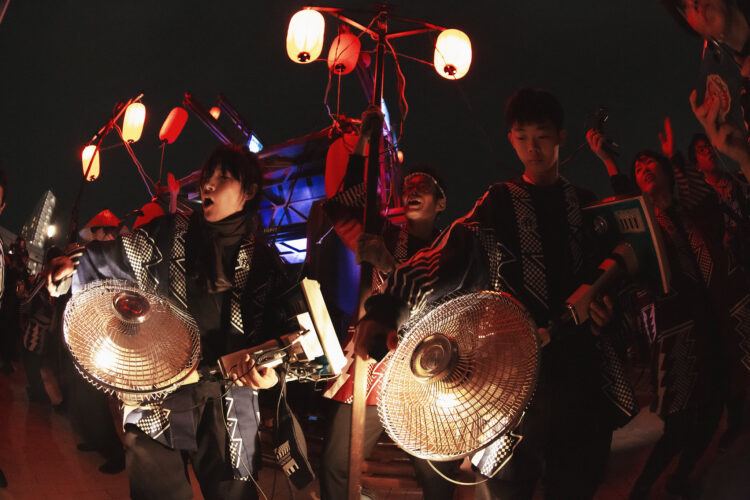
Ars Electronica Festival: A stage for music & experiments
Music is a central component of the Ars Electronica Festival. From September 4 to 8, visitors can expect a diverse program ranging from classical to digital music
-
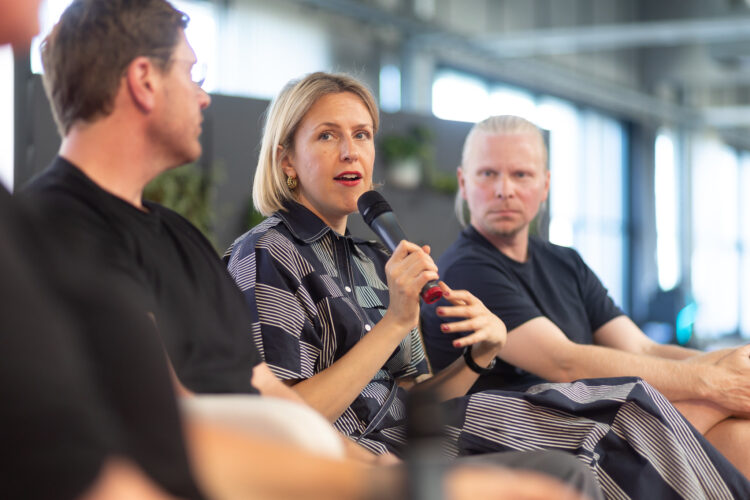
From Hope to Action
This year’s theme symposium will focus on people who inspire others through their creativity, empathy and courage, and who create hope for a better future.
-
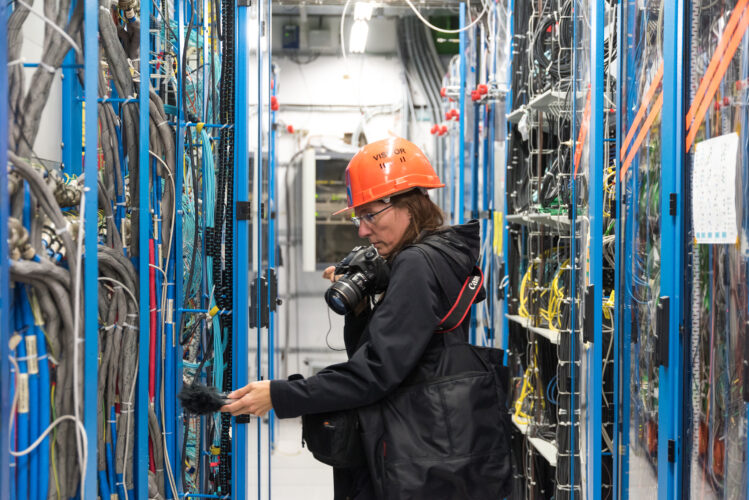
STARTS 2024 Exhibition: Art as a Catalyst in the Innovation Process
How can we foster a culture in which art, science, and technology thrive as interrelated and mutually enriching methods of exploration, knowledge, and discovery? For a more sensitive and determined approach to the pressing issues of our time. Let’s embark on a journey into a world of possibilities. A world of new solutions.
-
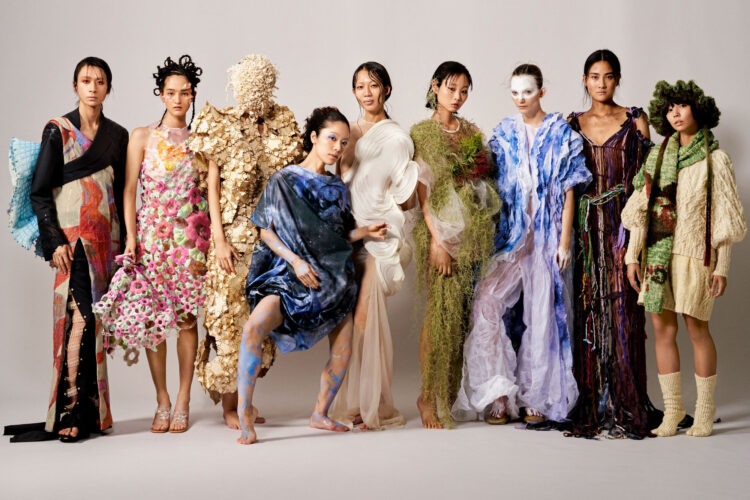
Art Thinking Lounge: A Hub for Creative Innovation
The Art Thinking Lounge is a platform for transformation through art that offers companies, artists, scientists, activists and citizens a space to explore and discuss future visions through art.
-
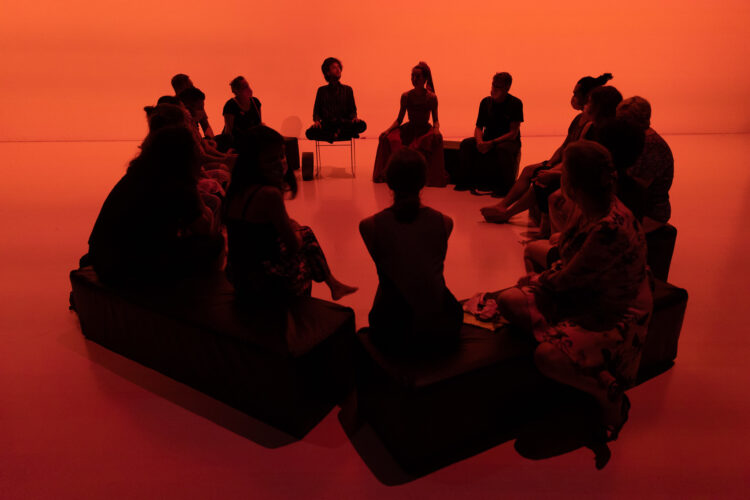
A Festival for Artists
What is the role of art festivals like Ars Electronica? What do they have to do and for whom? For good reason, the vast majority of answers to these questions focus on the audience. However, another key target group is often overlooked: the artists themselves.
-
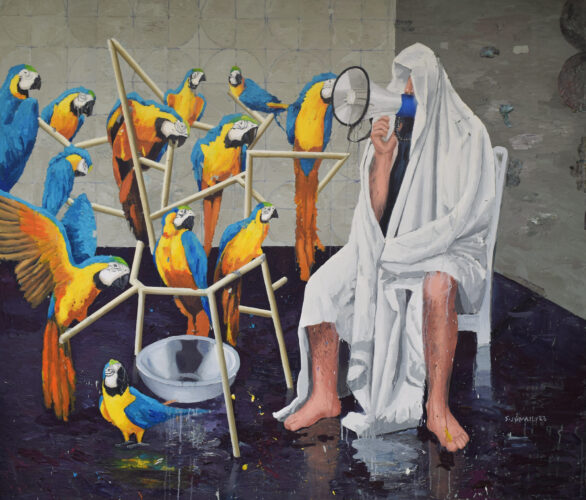
Artistic resistance and social resilience: State of the ART(ist) 2024
State of the ART(ist) in 2024 demonstrates how art can flourish under extreme conditions and reflect social issues.
-
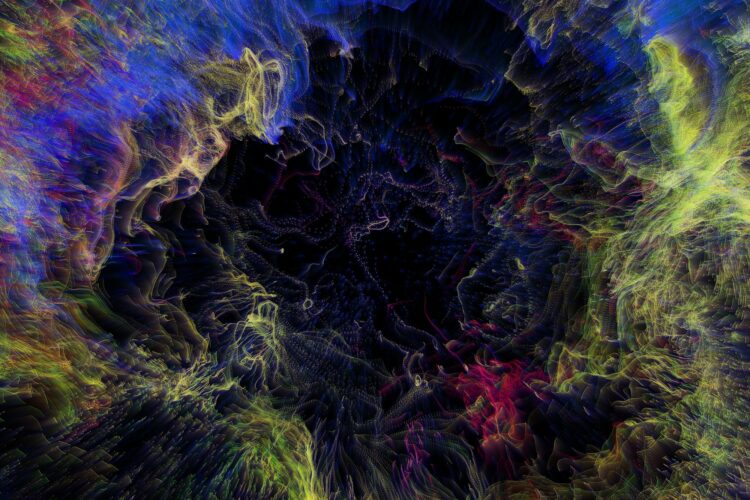
When Science and Art Come Together: The JKU Linz at the 2024 Ars Electronica Festival
Science and art are joining forces to find innovative solutions to current crises. Eight joint projects by JKU scientists and artists will be presented at the Ars Electronica Festival in Linz.
-
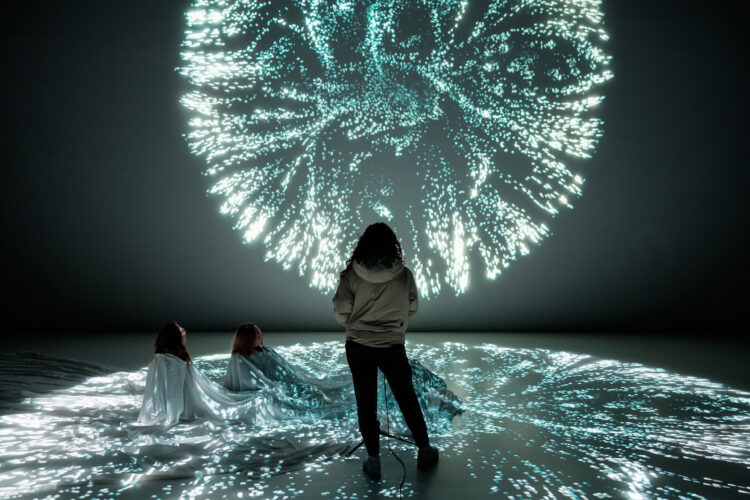
Interdisciplinary and practice-based learning
The IT:U programme of the Ars Electronica Festival 2024 addresses societal challenges through interdisciplinary innovation, bringing together experts from a variety of fields, including technology, art, science and design, to work together on effective solutions.
-
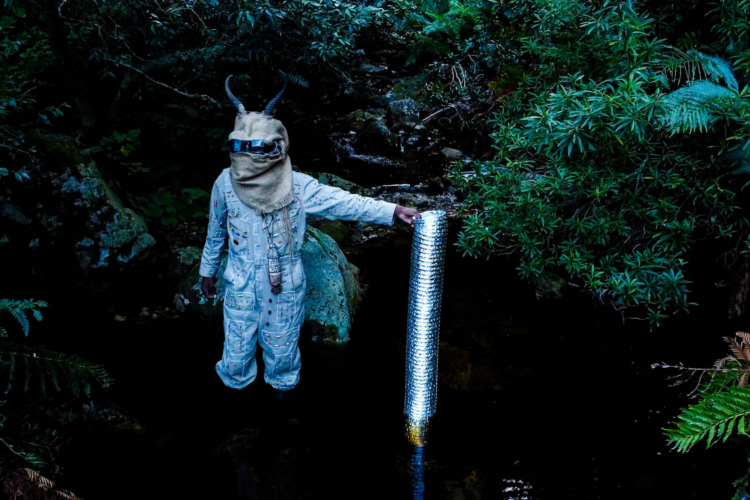
The new Ars Electronica Platform Europe
The European Platform for Digital Humanism has been relaunched as Ars Electronica Platform Europe to foster collaboration for tech-driven change through art and to advocate for healthy democracies on the continent and beyond.
-
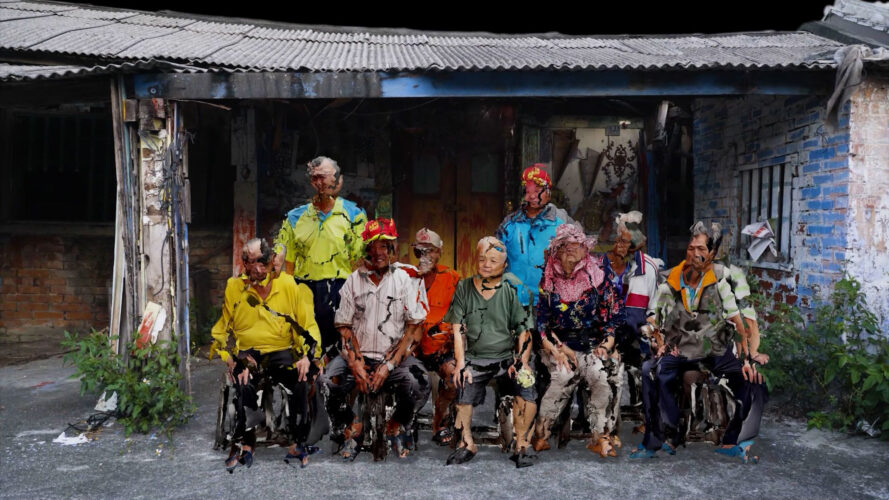
From Taiwan to Austria: Expanding artistic horizons
Projects arising from the collaboration with TAICCA and other Taiwanese partners bring AI reflection and artistic innovation to the Ars Electronica Festival.
-
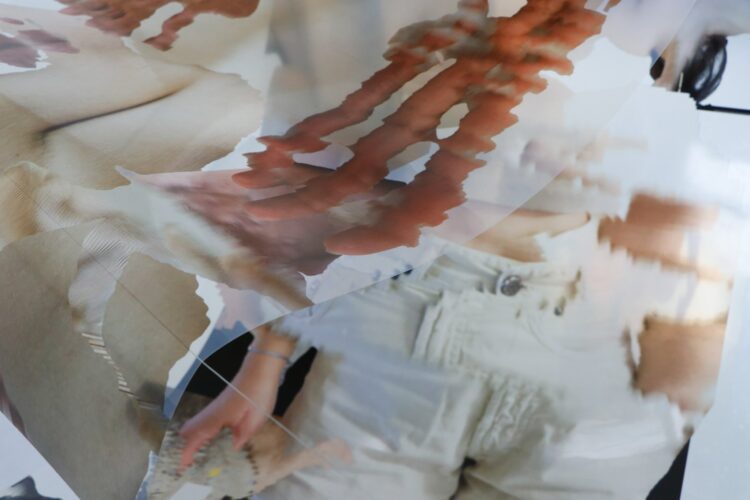
“Do we just look, or do we see?”
Manuela Naveau, curator of the Kunstuni Campus at the Ars Electronica Festival and university professor of Critical Data / Interface Cultures, on seeing, dreaming, celebrating and a tower on the main square in Linz.
-
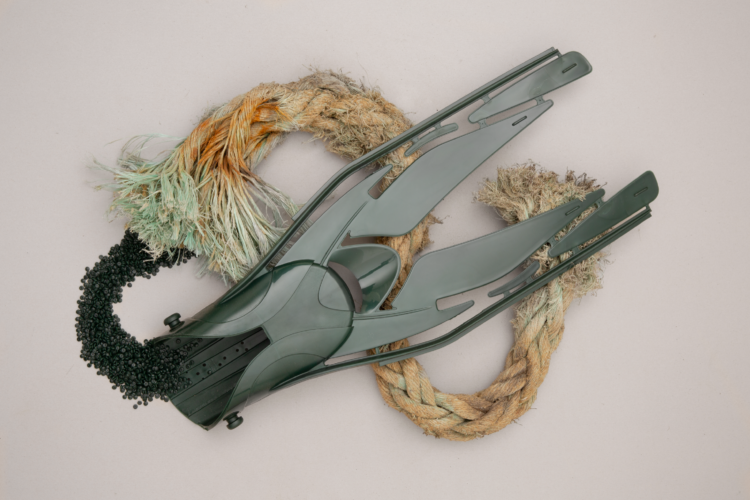
A circular model for the future
The Label4Future project aims to develop sustainable solutions together with companies – supported by digital transformation and innovative approaches from cultural and creative industries.
-
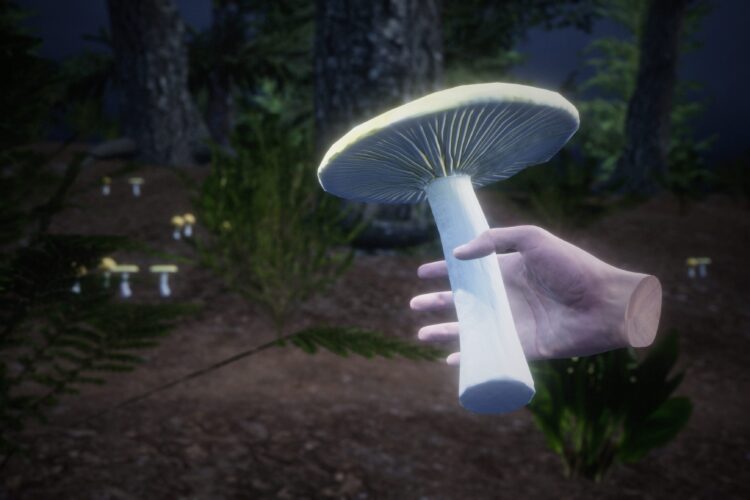
Virtuality meets reality: XR projects at the Ars Electronica Festival
The exhibition „Applied Virtualities: Extended Reality in Practice“ shows how XR technologies are opening up new paths and poses important questions about the future of our digital world.
-
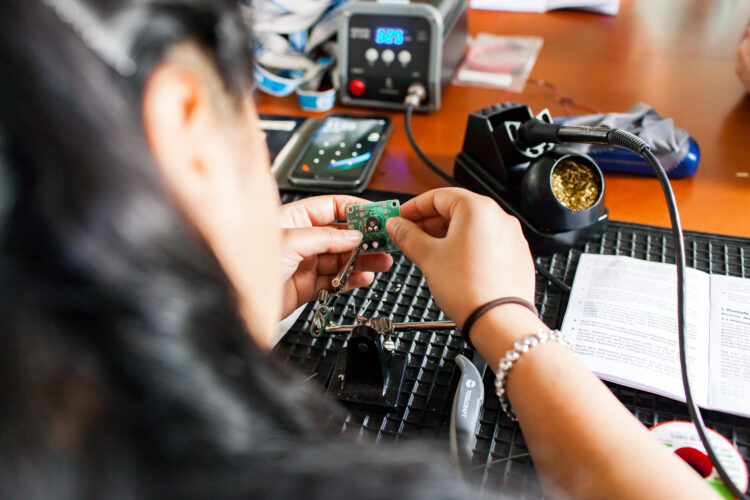
create your world festival: From hope to action. Between yesterday and today.
What does it really mean to shape the world? How do you find confidence in your ability to influence? What role does our mental health play in society? Who takes responsibility? Will we turn the tide?
-
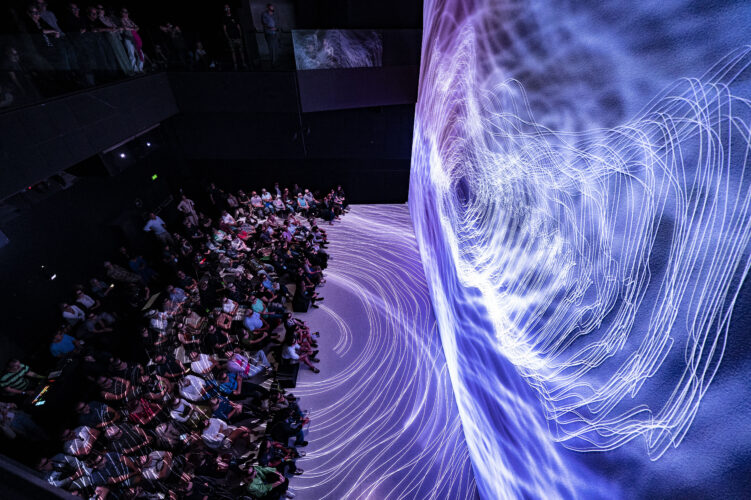
Exploring the world in Deep Space 8K
During the Ars Electronica Festival, numerous highlights will be presented in Deep Space 8K, promising inspiration, interaction and information.
-
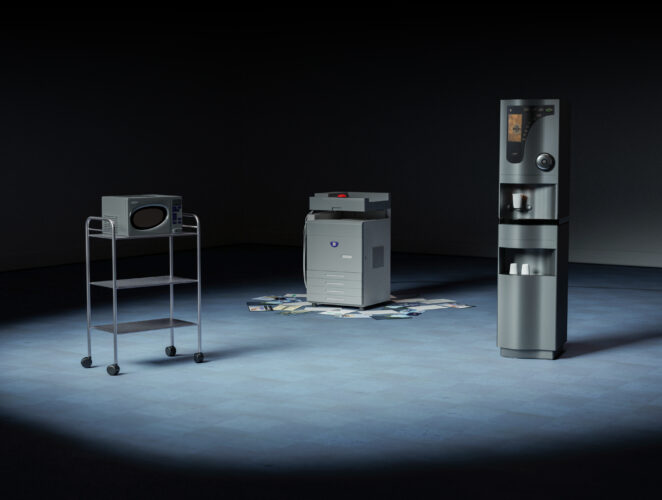
Prix Ars Electronica 2024: a question of the mindset
The Prix Ars Electronica exhibition is considered one of the highlights of the Ars Electronica Festival program. We were able to take a look behind the scenes and discovered some innovations as well as projects from the archive.
-
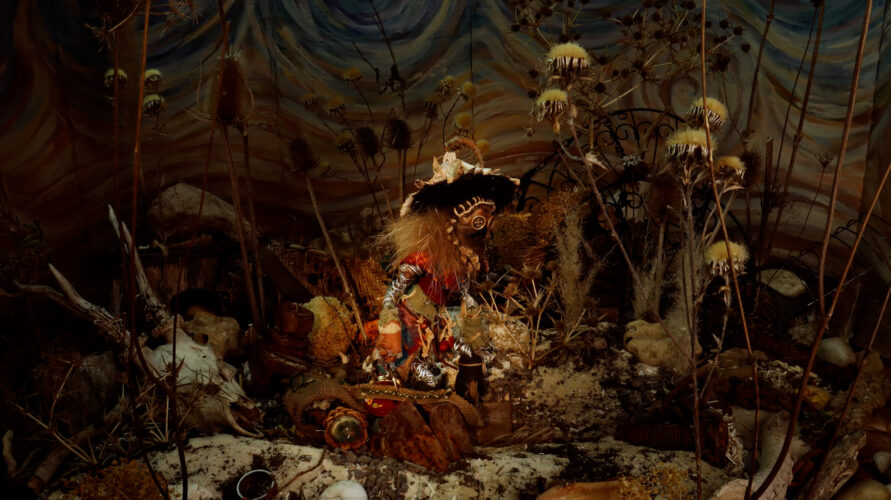
Ars Electronica Animation Festival: Digital Art as a Catalyst for Change
The Animation Festival 2024 presents current and socially critical productions in the field of digital animation.
-
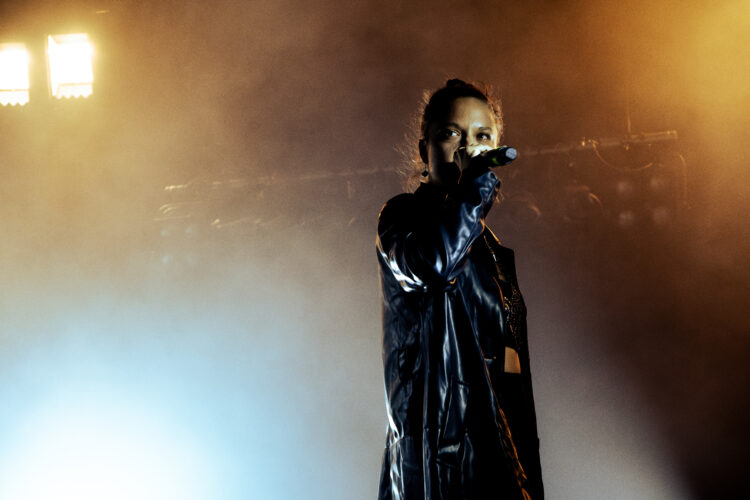
New Sounds from Switzerland: The Ars Electronica Nightline
In 2024, Ars Electronica Nightline will focus on innovative club music from Switzerland and offer a unique platform for Swiss artists.
-
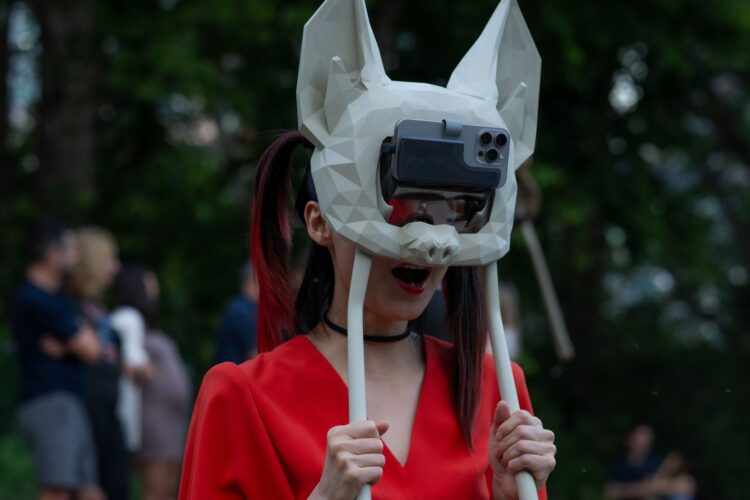
Ars Electronica Features: Beacons of Hope from Around the World
The Ars Electronica Features combine art and technology in close collaboration with partner institutions to showcase artistic programs and perspectives from around the world that initiate change.
-
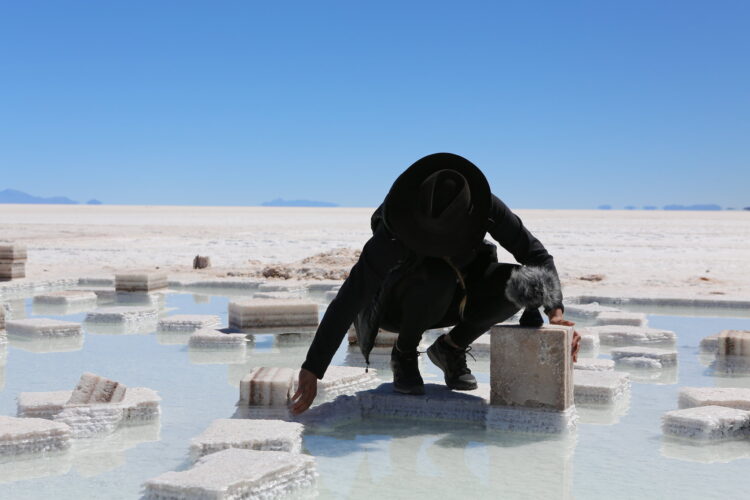
Bridging past, present and future: media art from Latin America
Artists honoured with the CIFO x Ars Electronica Award address environmental problems and present innovative projects.